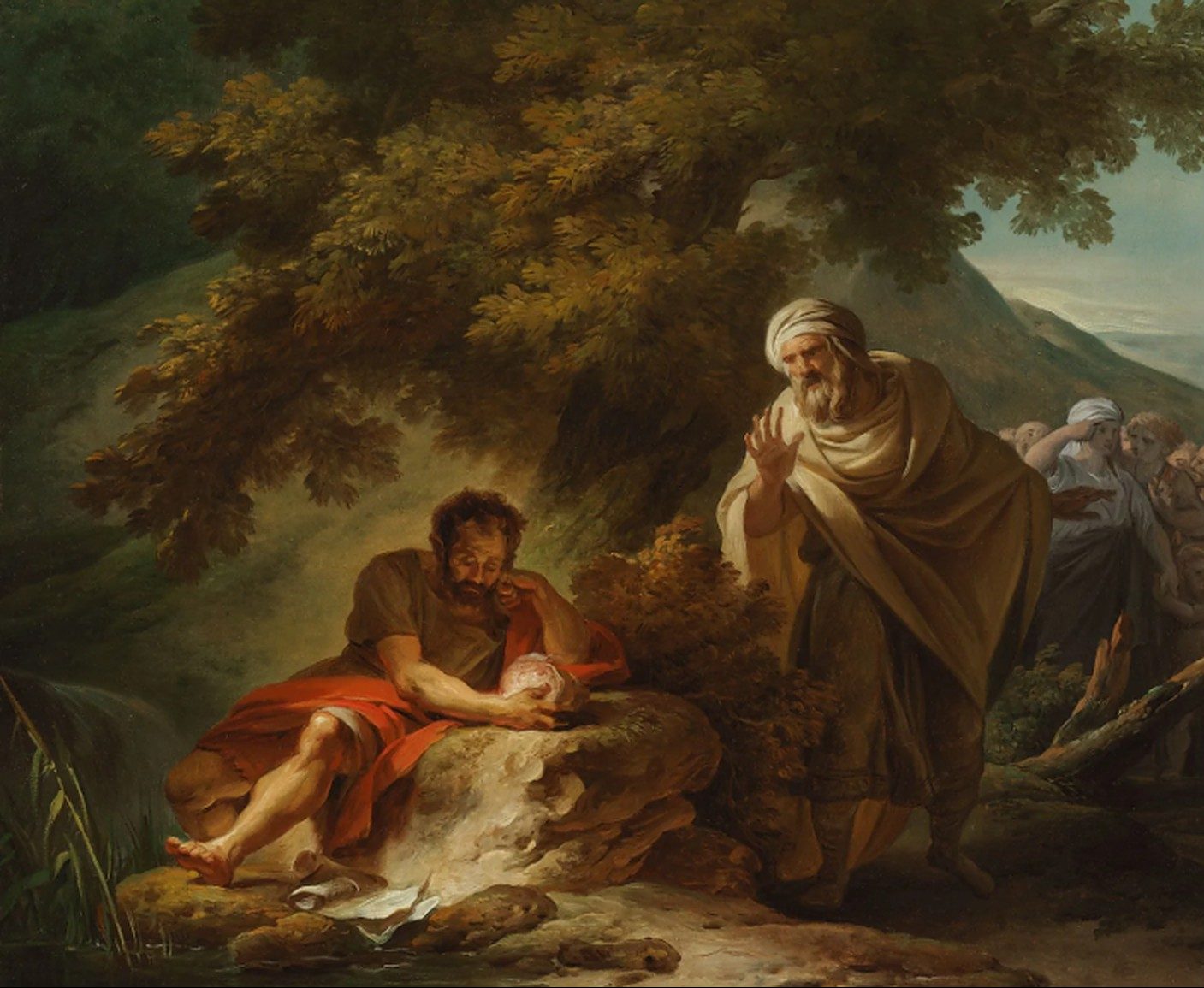
Democritus, an ancient Greek philosopher born in Abdera around 460 BCE, was one of the key figures in the development of atomic theory. His ideas revolutionized our understanding of the universe and laid the foundation for modern scientific thought. In this article, we will explore ten fascinating and lesser-known facts about Democritus, shedding light on his life, contributions, and philosophies.
Early Life and Education
Democritus hailed from a wealthy and influential family in Abdera, a city located in Thrace, Greece. He received a comprehensive education that encompassed various subjects, including mathematics, astronomy, philosophy, and ethics. Democritus traveled extensively to learn from renowned scholars across different regions, broadening his intellectual horizons and shaping his philosophical outlook.
Atomic Theory
One of Democritus’ most significant contributions to science is his formulation of atomic theory. He proposed that all matter is composed of indivisible particles called “atoms.” According to Democritus, atoms are eternal, homogeneous, and constantly in motion. His atomic theory laid the groundwork for understanding the nature of matter and served as a precursor to modern chemistry and physics.
Democritus and the Cosmos
Democritus had a deep fascination with the cosmos and the universe at large. He believed that the universe consists of an infinite number of atoms constantly moving and interacting. Democritus theorized that these atoms, driven by their inherent properties and chance, combine and form different objects and celestial bodies. His cosmological ideas were instrumental in shaping subsequent theories about the nature of the universe.
Contributions to Ethics
Beyond his scientific pursuits, Democritus also delved into ethical philosophy. He emphasized the pursuit of happiness and proposed that a balanced life, free from excessive desires and emotions, leads to contentment. Democritus advocated for self-control and moderation, believing that these virtues are essential for leading a fulfilling and virtuous life.
Laughter and Cheerfulness
Democritus had a reputation for his cheerful and jovial personality. He believed that laughter was vital for mental and physical well-being. Democritus considered laughter as a form of release from stress and a means of achieving a harmonious state of mind. He often laughed at human follies and regarded excessive seriousness as detrimental to one’s overall happiness.

Mentor of Protagoras
Democritus had a profound influence on his contemporary philosophers and thinkers. One of his notable students was Protagoras, a renowned sophist and philosopher. Protagoras became known for his relativistic views and the famous statement, “Man is the measure of all things.” Democritus’ teachings inspired and shaped the philosophical ideas of his disciples, leaving a lasting impact on ancient Greek thought.
Democritus and the Senses
Democritus recognized the importance of the senses in our perception of the world. He believed that our senses provide us with knowledge and understanding of the external world. Democritus argued that our senses allow us to experience reality and gather information about the nature of objects and their properties. This emphasis on sensory perception contributed to the development of empirical observation in ancient philosophy.
On the Nature of the Soul
Democritus contemplated the nature of the soul and its relationship to the physical body. He proposed that the soul consists of fine, spherical atoms that are distributed throughout the body. According to Democritus, these atoms are responsible for our mental processes and consciousness. His ideas on the soul and its connection to the body foreshadowed later debates on the mind-body problem in philosophy.
Democritus’ Writings
Democritus was a prolific writer, but unfortunately, only a few fragments of his works have survived to the present day. His most renowned work, “On Nature,” explored various topics, including metaphysics, ethics, and cosmology. Democritus’ writings were highly regarded by subsequent philosophers, such as Aristotle, who referenced and criticized his ideas.

Influence on Modern Science
Although much of Democritus’ works have been lost, his ideas have had a lasting impact on the development of modern science. His atomic theory laid the foundation for scientific inquiry into the nature of matter and influenced later thinkers such as John Dalton and Albert Einstein. Democritus’ emphasis on observation and empirical evidence paved the way for the scientific method, which is still the cornerstone of scientific investigation today.
Conclusion
Democritus, the ancient Greek philosopher, left an indelible mark on the realms of science, philosophy, and ethics. His atomic theory, cosmological ideas, and teachings on ethics continue to resonate with modern scholars. Democritus’ emphasis on observation, laughter, and moderation reminds us of the enduring relevance of his philosophies in our pursuit of knowledge, happiness, and understanding.
Frequently Asked Questions (FAQs)
Did Democritus have any other notable students?
Yes, apart from Protagoras, Democritus also had other notable students, including Nausiphanes and Metrodorus. These students carried forward his ideas and made significant contributions to various fields of study.
How did Democritus’ atomic theory differ from the ideas of other ancient philosophers?
Democritus’ atomic theory differed from other philosophers of his time, such as Empedocles and Parmenides, who proposed that matter was composed of four elements or a single, unchanging substance, respectively. In contrast, Democritus postulated that matter consisted of indivisible and constantly moving atoms.
Was Democritus’ atomic theory widely accepted during his time?
Democritus’ atomic theory faced skepticism and opposition from other philosophers, particularly those who adhered to the prevailing schools of thought. However, his ideas gained recognition and support in subsequent centuries, as advancements in scientific knowledge validated many aspects of atomic theory.
Are there any surviving works of Democritus available to read today?
Only a few fragments of Democritus’ works have survived over the centuries. These fragments, found in various sources, offer glimpses into his philosophical ideas and scientific theories.
How did Democritus’ ideas on ethics influence later philosophical thought?
Democritus’ ideas on ethics, particularly his emphasis on moderation and self-control, resonated with later philosophers, including the Stoics and Epicureans. His teachings laid the groundwork for discussions on the pursuit of virtue, happiness, and the cultivation of a balanced and fulfilling life.
Was this page helpful?
Our commitment to delivering trustworthy and engaging content is at the heart of what we do. Each fact on our site is contributed by real users like you, bringing a wealth of diverse insights and information. To ensure the highest standards of accuracy and reliability, our dedicated editors meticulously review each submission. This process guarantees that the facts we share are not only fascinating but also credible. Trust in our commitment to quality and authenticity as you explore and learn with us.


